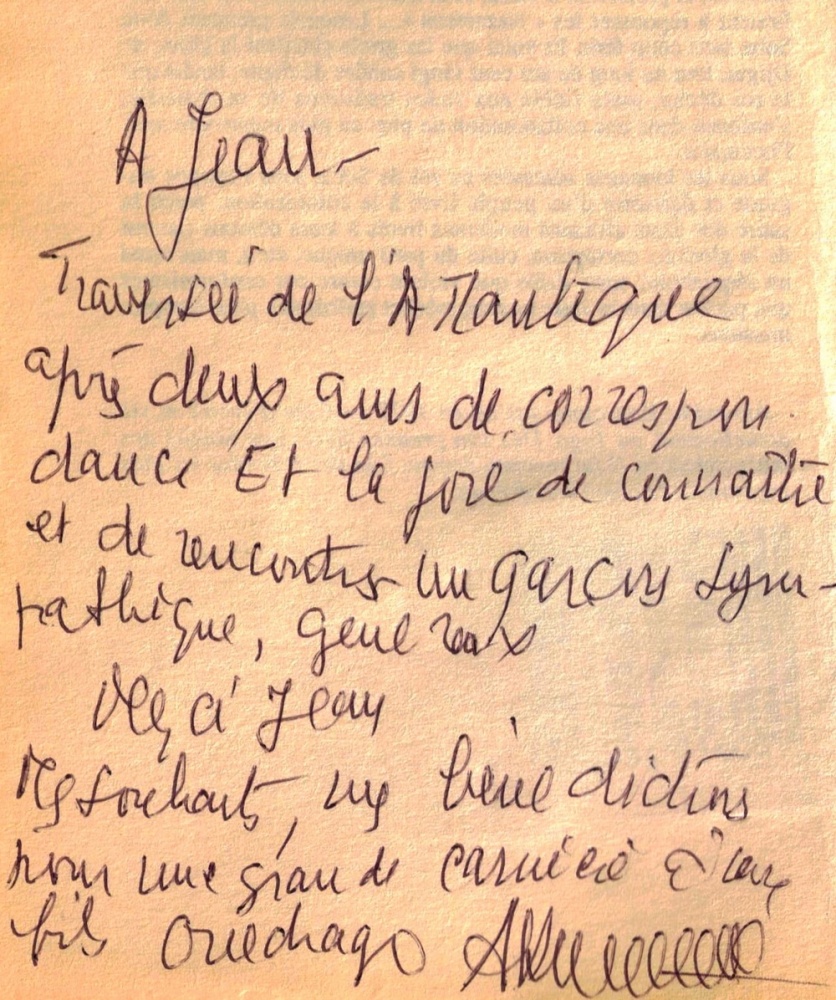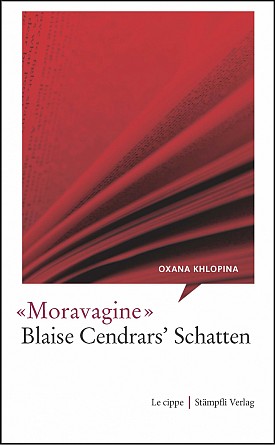Allah n'est pas obligé d'A. Kourouma
Allah n’est pas obligé is much more than just a chronic of barbarian tribal wars involving children. The narration of Birahima, the child who became a soldier against his will, is carrying a much larger story which implies all the wills of subjection – where ever they come from – whether for purpose of material or memorial domination. From the colonial time to the era of independence, beyond any “mission civilisatrice” or any return to an African “authenticity”, beyond also the apparent agreement of the protagonists with anthropological prejudice, the itinerary of Birahima allows to reveal the shortfall, the violence and the absurdities of many discourses. A fact appears clearly: the extreme complexity of the reality in which this young anti-hero is entangled. Victim and executioner, Birahima lives, overburdened his diverted fate and imposed indentity.Allah n’est pas obligé is much more than just a chronic of barbarian tribal wars involving children. The narration of Birahima, the child who became a soldier against his will, is carrying a much larger story which implies all the wills of subjection – where ever they come from – whether for purpose of material or memorial domination. From the colonial time to the era of independence, beyond any “mission civilisatrice” or any return to an African “authenticity”, beyond also the apparent agreement of the protagonists with anthropological prejudice, the itinerary of Birahima allows to reveal the shortfall, the violence and the absurdities of many discourses. A fact appears clearly: the extreme complexity of the reality in which this young anti-hero is entangled. Victim and executioner, Birahima lives, overburdened his diverted fate and imposed indentity.



